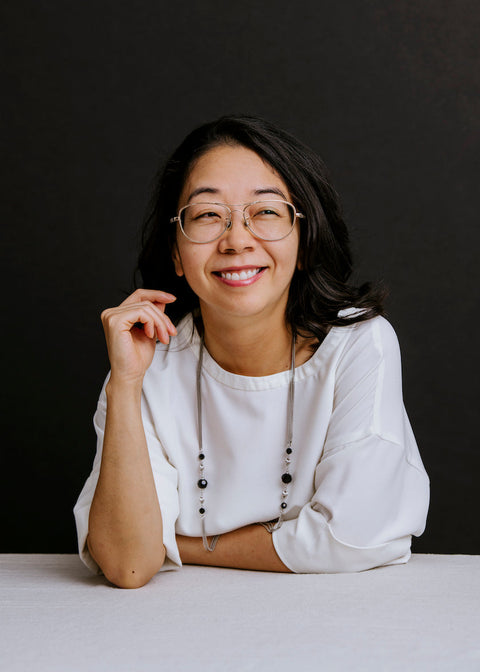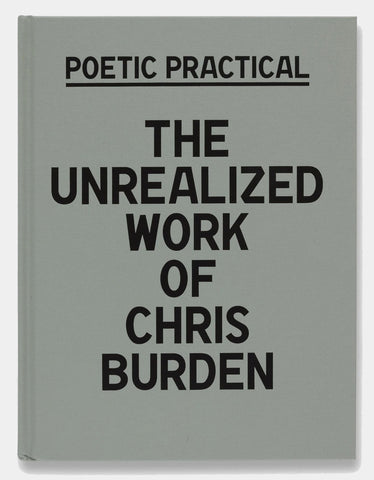
Art Law | YAYOI SHIONOIRI 塩野入 弥生
Combining Foundational Skills and Innovation
YAYOI SHIONOIRI( 塩野入弥生) serves as Executive Director of the Estate of Chris Burden and the Studio of Nancy Rubins, where she is responsible for stewarding Burden’s art historical legacy and promoting Rubins’ artistic practices respectively. She also serves as a U.S. Alliance Partner to City Lights Law, a Japanese law firm that represents creators, innovators, and artists; as an Outside Board Director to Startbahn, an art technology company that is attempting to bring greater reliability to transactions in the art ecosystem; and as Legal Advisor to KLKTN, a startup focused on engendering community among performers and their supporters through NFTs. In the past, Yayoi has served as General Counsel and Head of Asia Strategy to Artsy, Associate General Counsel of The Solomon R. Guggenheim Foundation, and Legal Advisor to Takashi Murakami.
She has degrees from Harvard University, Cornell Law School, and Columbia University. As a US-Japan Leadership Program Fellow and an Asia Society Asia 21 Young Leader, she actively contributes to the ongoing development of cultural collaborations and political ties across nations. Finally, Yayoi also serves as a Board Director of the Asia Art Archive in America. 
IROHA: What projects are you currently working on? What have you most recently completed or plan to do in the near future?

YAYOI: At the Chris Burden Estate, we recently published a book titled Poetic Practical: The Unrealized Work of Chris Burden. While so much information is now disseminated over a short time span over the internet, we spent over five years researching Burden’s paper and object archives to examine 67 of his unrealized artistic projects of varying scope and ambition. With this book, we hope that members of the public as well as artists and curators are piqued by Burden’s boundless creativity.

Iroha: Based on your background, do you have any advice or a message for young people who want to follow in your footsteps?

Yayoi: I wanted to become an art lawyer when I went to law school, but, had I known back then how difficult it would be to pursue this career, I am not sure if I would have decided to try! If you want to practice law in a niche field or industry, I think it is important to not only have the foundational skills that help you become an excellent legal practitioner but also a firm understanding of the field or industry’s stakeholders, together with an up-to-date understanding of the legal and non-legal issues. I take a cue from my clients (who are creative members of the art world); it is essential to provide innovative legal solutions that support them and vital to be proactively creative about one’s own professional opportunities. That having been said, the art law community has grown considerably since I joined, and it continues to scale, so I am excited to work with the next generation of leaders!
IROHA: Outside of work, what are you most interested in right now?
YAYOI: Because I am so passionate about and honored to support the field I work in, my jobs and my life are integrated. So, there’s no “outside of work” for me. However, I would like to eke out more time and space to be a “forever learner” so I can continue to stay up-to-date with the developments in the field – for example, to read about contemporary art and cultural theory and to think strategically about how the field is changing and what my role in it should be.
written by Jessica Woolsey
Yayoi Shionoiri Website | Instagram | Twitter
